Enterprises aim for green production to maintain export markets.
Risk of rejection of goods without emission records
With the growing trend of green consumption, especially in Europe, many Vietnamese businesses have begun to face the reality of having their export goods rejected simply because they lack documents proving emission standards and sustainable production.
Ms. Vu Kim Hanh, Chairwoman of the Association of High-Quality Vietnamese Goods Enterprises, said that the green consumption wave is reshaping the entire global market, especially in Europe, where importers are increasingly strict not only on product quality but also on clear requirements for environmentally friendly production processes. Accordingly, any business that lacks documents proving emission standards and sustainable production will have difficulty importing goods.
Similarly, Mr. Tran Thanh Tam, Deputy Head of the Department of Science, Technology and International Relations, Ho Chi Minh City University of Natural Resources and Environment, said that a Vietnamese wooden furniture exporter was recently required to submit a Carbon Border Adjustment Mechanism (CBAM) report from an EU importer. If it fails to comply, the shipment will be immediately rejected. This is a reality that businesses need to adapt to, not a warning.
Currently, CBAM is entering the data completion phase, moving towards mandatory carbon reporting requirements from 2026. However, according to Mr. Tran Thanh Tam, many Vietnamese enterprises are still unprepared, and do not even understand the concepts of carbon pricing, emission inventory processes, or how to prepare emission reports.
"To ensure access to the EU market, businesses need to identify emission sources, inventory and calculate the amount of greenhouse gases generated in each production stage, and develop detailed carbon reports for each product line. In addition, it is necessary to invest in green production plans and proactively discuss with import partners about CBAM requirements to avoid being passive in implementation," Mr. Tran Thanh Tam suggested.
Difficult but cannot be delayed
Despite the awareness of the mandatory requirements of green production, the transformation process in enterprises is still facing many obstacles, from lack of technical knowledge to limited investment resources.
Mr. Lam Ngoc Tuan, Director of Tuan Ngoc Vegetable Cooperative, said that the unit has applied many solutions such as: growing hydroponic vegetables in greenhouses to reduce emissions, investing in solar power systems, switching means of transport to electric vehicles and moving towards using environmentally friendly packaging. Currently, the cooperative has achieved about 60% of green production standards.
However, the green transformation of the cooperative is difficult because most of the members are elderly and have difficulty accessing new technology; the high initial investment cost increases the price of products while domestic consumers are still very price sensitive.
“Green transformation is inevitable, but without policy support, many small businesses like us will find it difficult to keep up with the trend. Policy support includes preferential loans, land lease policies, and premises lease policies,” Mr. Tuan added.
Green production will help businesses meet the world 's development trends and be the priority choice of consumers.
A recent survey by the Association of High-Quality Vietnamese Goods Enterprises showed that up to 80% of small and medium-sized enterprises do not have a specialized ESG (Environment - Society - Governance) department or an emissions data system. This makes them passive in meeting the requirements of international partners, especially when CBAM will officially apply carbon declaration and certification from 2026.
In that context, economic experts believe that, in addition to efforts from businesses, the role of management agencies is extremely important. Mr. Tran Thanh Tam suggested that if businesses want to effectively transform green, the State should first soon have detailed instructions on how to determine and calculate carbon emissions; build tools to support businesses in preparing emission reports in accordance with international requirements. In addition, businesses also need a mechanism to encourage green transformation through incentives on taxes, finance, loans, etc.
According to Mr. Tran Thanh Tam, the establishment of technical support centers and training on knowledge of sustainable development, CBAM, ESG, etc. is also an urgent requirement, helping businesses, especially small and medium-sized enterprises, shorten the conversion gap and better access high-standard markets to expand export markets.
| CBAM (Carbon Border Adjustment Mechanism) is a European Union (EU) tool to control carbon emissions from goods imported into the region. Specifically, from 2026, EU importers will be required to declare the carbon emissions of imported goods and buy corresponding emission certificates. If a product has paid a carbon tax in the country of origin, that part of the emissions can be deducted. CBAM currently applies to high-emission industries such as steel, cement, aluminum, fertilizer, electricity and hydrogen. |
Source: https://baobinhphuoc.com.vn/news/4/173764/doanh-nghiep-huong-den-san-xuat-xanh-de-giu-vung-thi-truong-xuat-khau


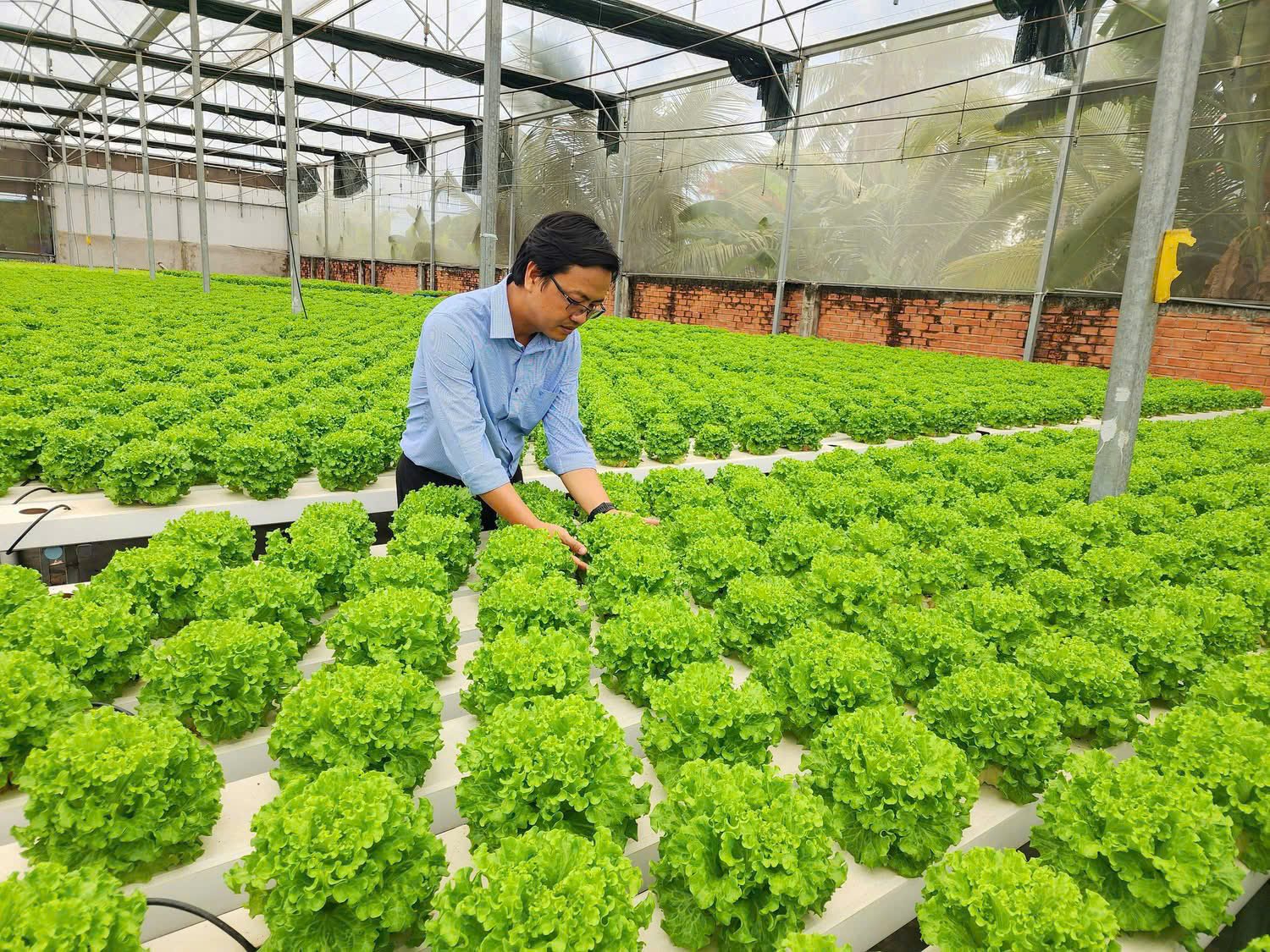
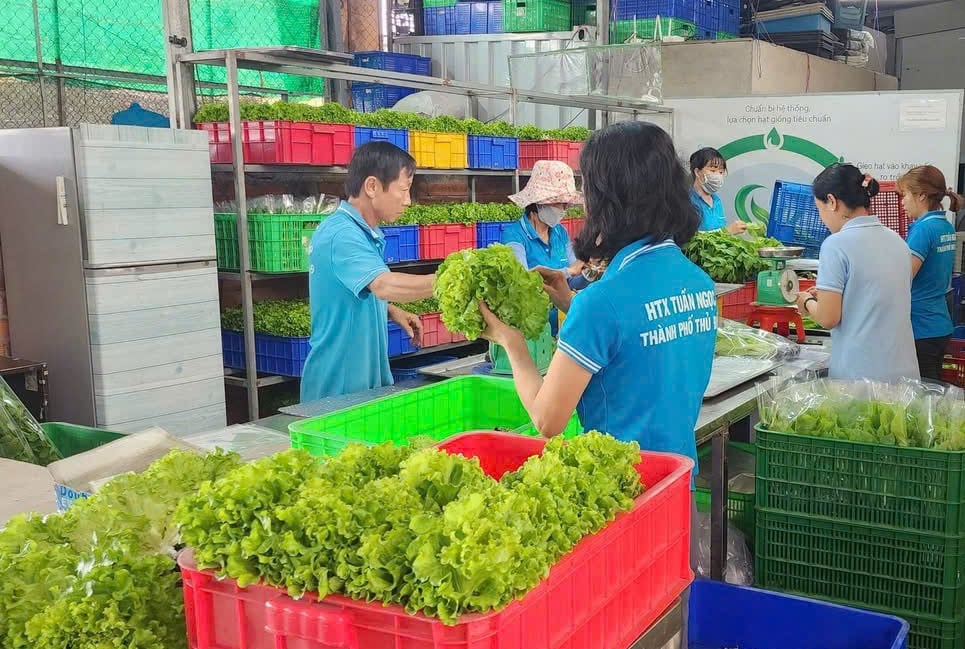








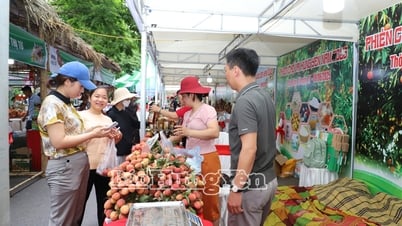

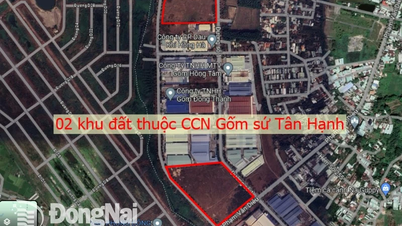

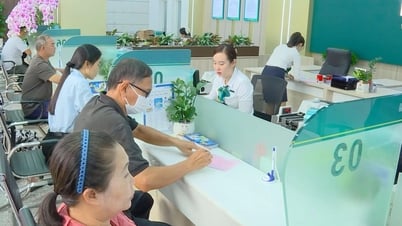

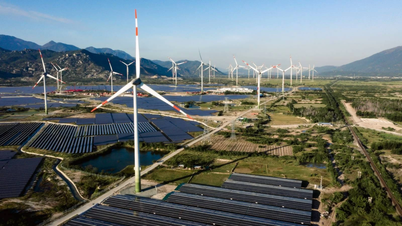






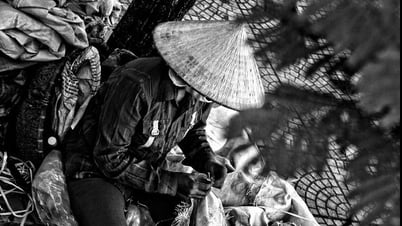
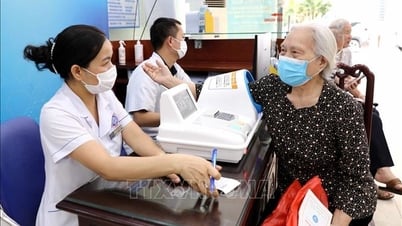
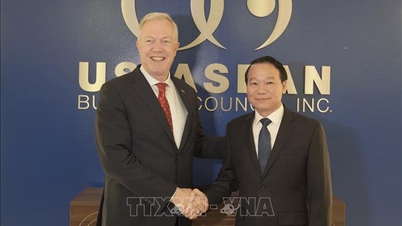















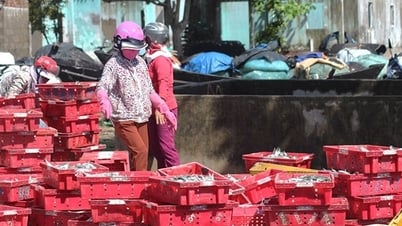
















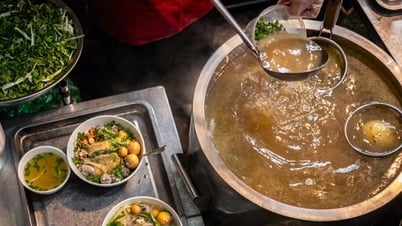



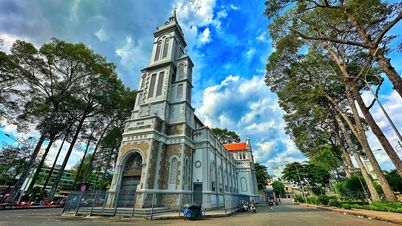


















![[OCOP REVIEW] Tu Duyen Syrup - The essence of herbs from the mountains and forests of Nhu Thanh](https://vphoto.vietnam.vn/thumb/402x226/vietnam/resource/IMAGE/2025/6/5/58ca32fce4ec44039e444fbfae7e75ec)







Comment (0)